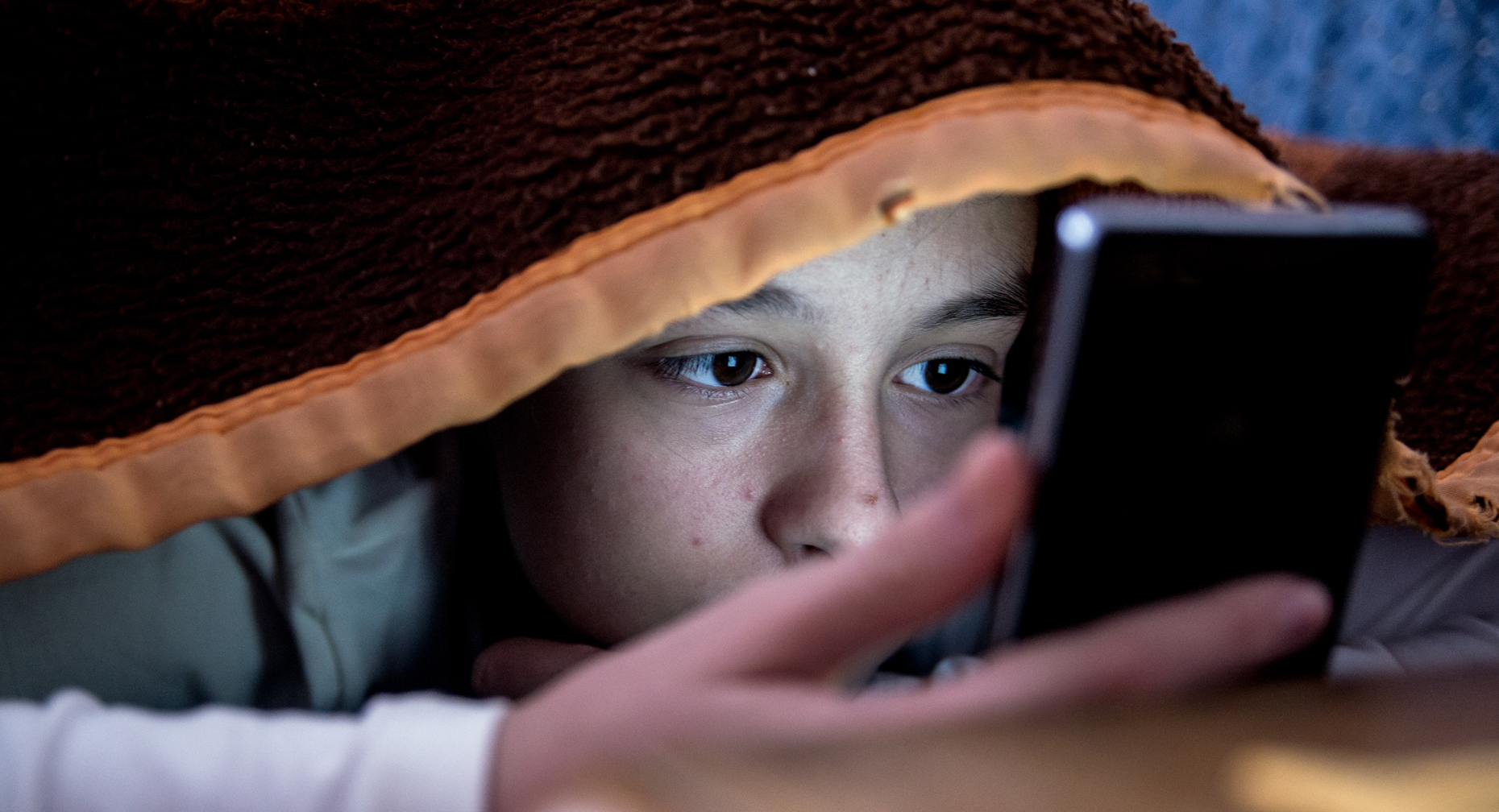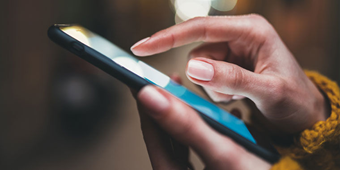Are Smartphones the New Drug of Choice?

Find Your Perfect Match
Answer a few questions and we'll provide you with a list of primary care providers that best fit your needs.
Recent studies have shown that American teenagers are growing less likely to try or regularly use drugs, including alcohol. Can smartphones be the reason? The list of experts who believe the two may be related is too long to ignore.
Replacing One Gratification With Another
An annual study by the National Institute on Drug Abuse found that past-year use of illicit drugs other than marijuana was at the lowest level in the study’s 40-year history for eighth, 10th and 12th graders. Although the study doesn’t provide the “why,” many experts believe the decrease in drug use may be due, in part, to the explosion in smartphone use.
Premier Health Now talked with Michael W. Barrow, MD, Sports Medicine and Family Practice, Samaritan North Family Physicians, about the possible link. “When it comes to gratification,” he explains, “we already know that our brains can be rewired to replace one gratification with another.” He believes the pleasure that occurs from the release of chemicals during drug use can be replaced by other activities that cause immediate pleasure, like SnapChat, Instagram and texting.
A Valuable Party Tool
While the increase in smartphones can’t be definitely linked to the decrease in drugs, the possibility is getting plenty of attention. CBS News’ “60 Minutes” explored the pleasure-seeking addiction of smartphones recently, as did the New York Times in an article that included testimonials from teens who say phones are a valuable tool for people at parties who don’t want to do drugs. When a bong or joint is being passed around, you can surf the web on your phone instead, they say.
Dangerous Smartphones
Dr. Barrow routinely counsels his young patients that smartphones can be dangerous, too. “Distracted driving can have deadly consequences,” he says. He’s also concerned about the phone’s ability to weaken relationships. “Anytime we can reduce the use of drugs, the better off we are, but we don’t want to replace one bad habit with another!” Dr. Barrow cautions.
Find Your Perfect Match
Answer a few questions and we'll provide you with a list of primary care providers that best fit your needs.
Source: The New York Times, “Are Teenagers Replacing Drugs with Smartphones?”; CBS News’ 60 Minutes, “What Is ‘Brain Hacking’? Tech Insiders on Why You Should Care”; Michael W. Barrow, MD, Sports Medicine and Family Practice, Samaritan North Family Physic




